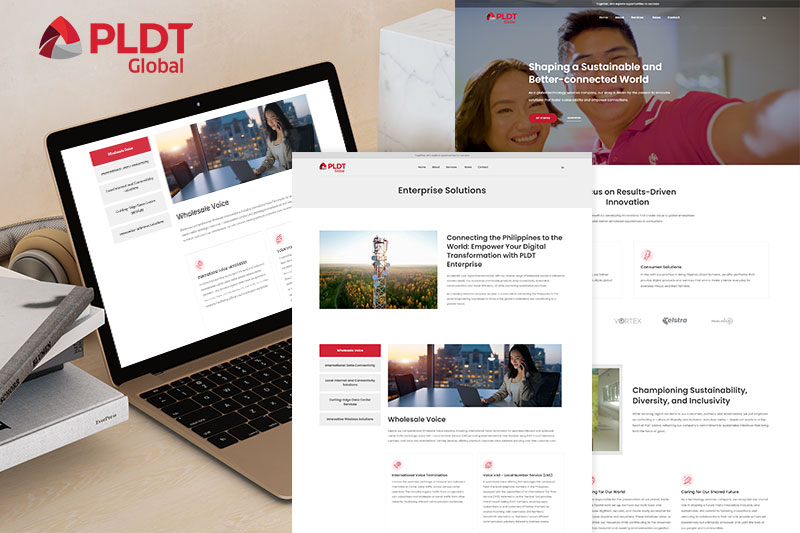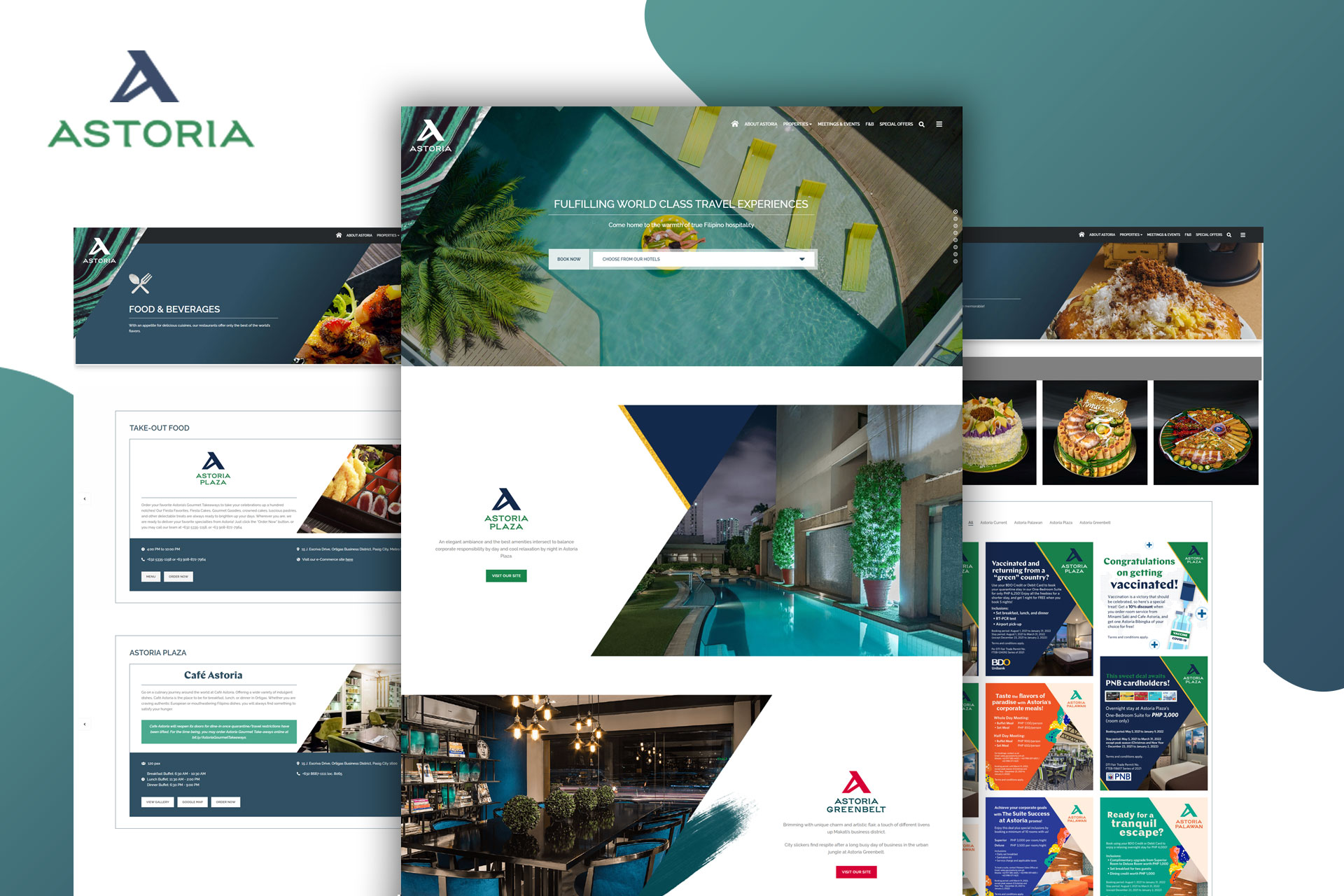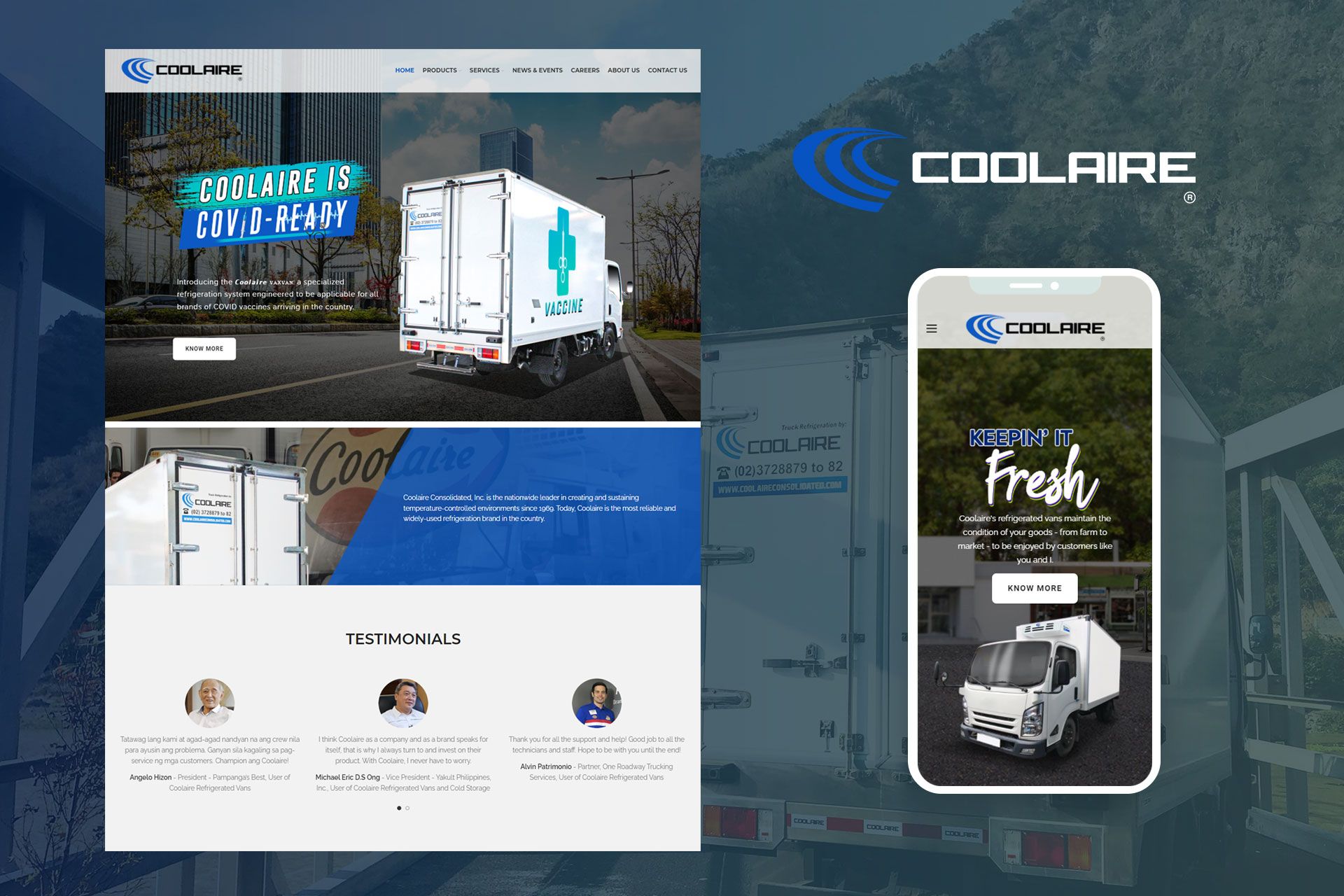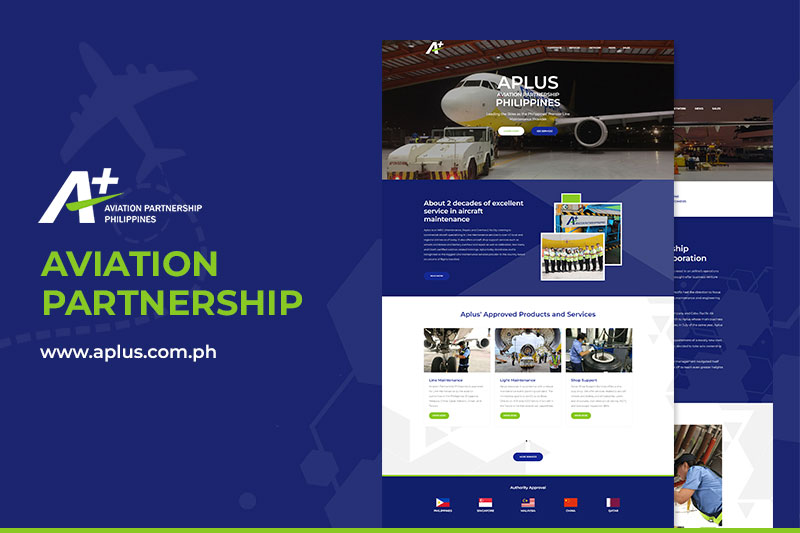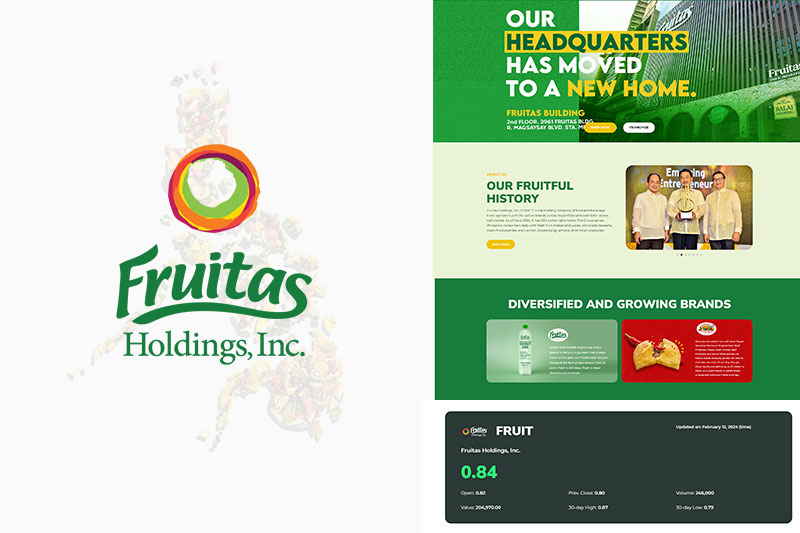Web accessibility has become a critical aspect of web design and development, particularly in this digital age. It ensures that websites are usable by people with disabilities, making the internet a more inclusive and equal place. In this blog post, we’ll look into the concept of web accessibility, why it matters, and how it can benefit both users and website owners.

Table of Contents
- What is Web Accessibility?
- Why Web Accessibility Matters
- Core Principles of Web Accessibility
- How to Implement Web Accessibility
What is Web Accessibility?
Web accessibility refers to the practice of designing and developing websites that can be used and understood by people with various disabilities. Disabilities that may impact web users include visual impairments, hearing impairments, motor disabilities, and cognitive impairments. Web accessibility aims to remove barriers and provide an equal opportunity for everyone to access and interact with web content.
Why Web Accessibility Matters
1. Inclusivity
The primary reason web accessibility matters is to ensure that everyone, regardless of their abilities, can access the information and services available on the web. This promotes inclusivity and equal participation in the digital world.
Related: What is Inclusive Web Design? Understanding Its Basics
2. Legal Compliance
Legal compliance with web accessibility regulations is crucial as many countries require websites to be accessible to people with disabilities. Failing to comply can lead to fines and lawsuits, impacting an organization’s finances and reputation. Staying informed about evolving accessibility standards and proactively ensuring compliance is essential to create an inclusive online environment and avoid legal repercussions.
3. Wider Audience
By simply making your website accessible, you open it up to a broader audience. This not only includes people with disabilities, but also older individuals who may have age-related impairments.
4. Improved SEO
Search engines like Google prioritize accessible websites because they provide a better user experience. When you make your website accessible, you’re also improving its search engine ranking.
Related: What is SEO? A Handy Guide to Search Engine Optimization
5. Enhanced Reputation
An accessible website demonstrates your commitment to inclusivity and social responsibility, which can enhance your brand’s reputation.
Core Principles of Web Accessibility
Web Content Accessibility Guidelines (WCAG) provide a comprehensive framework for making websites accessible. These guidelines are organized into four core principles, known as POUR:
Perceivable
Information and user interface components must be presented in a way that users can perceive, regardless of their disabilities. This includes providing alternative text for images, captions for videos, and clear text-to-speech compatibility.
Operable
Websites should be navigable and operable using a variety of input methods, such as keyboard-only or voice commands. Keyboard navigation and focus management are crucial components.
Understandable
Content should be clear and understandable to all users, which involves using consistent navigation, predictable layouts, and providing clear instructions.
Robust
Websites should be developed using technologies that can be interpreted reliably by a wide range of user agents, including assistive technologies, ensuring that your website remains accessible as technology evolves.
How to Implement Web Accessibility
1. Start with an Accessibility Audit
Identify areas of your website that need improvement by conducting an accessibility audit using tools like WAVE, axe, or Lighthouse.
2. Use Semantic HTML
Use proper HTML tags to structure your content. Semantic HTML helps screen readers and other assistive technologies understand the content’s hierarchy.
3. Provide Alternative Text
Add descriptive alt text to images, ensuring that users with visual impairments can understand the content.
4. Test with Assistive Technologies
Test your website with various assistive technologies like screen readers to ensure it works as intended.
5. Regular Maintenance
Keep your website up to date with accessibility standards, as technology and guidelines evolve.
Related: What is Website Maintenance? Why Does Your Business Need It?
To sum it up, web accessibility is not just a legal requirement; it’s a moral and ethical imperative. Making your website accessible enables everyone to access and benefit from your online content and services. Plus, it can improve your website’s SEO, expand your audience, and enhance your reputation as a socially responsible entity.
Looking for web design services for your business? Contact us today, and we’ll be glad to assist you!


 Shopify Website Design
Shopify Website Design  Small Business Marketing
Small Business Marketing 